Last updated on December 17th, 2020 at 05:43 pm
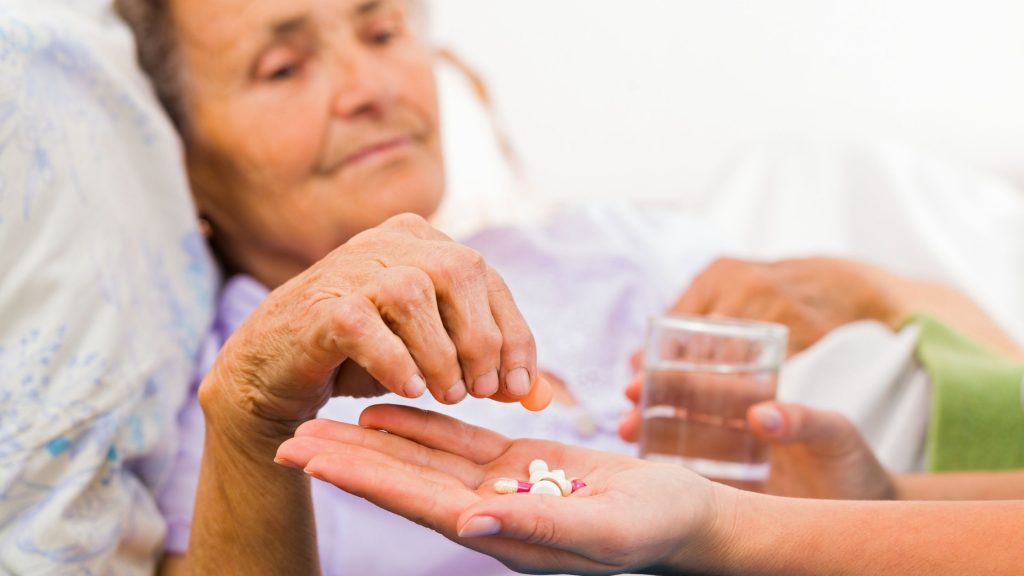
If you are taking medication for high blood pressure than bedtime medication is best for you finds a recent study as compared to medication upon awakening.
Recent Spanish research published online on the European Heart Journal has revealed that taking medication for hypertension during bedtime gives best result for lowering BP and, most importantly, markedly diminished occurrence of major CVD (cardiovascular disease) events.
This research could help millions of people suffering from high blood pressure to better take care of it. In the following article we will try to understand how the research was conducted, its brief methodology and what made researchers conclude this.
What is Sleep-time BP?
Sleep time BP or asleep BP is the measure of blood pressure recorded during sleep. The daytime BP is measured during daytime office hours. There are numerous studied that demonstrate that asleep BP is a significantly more sensitive prognostic marker of cardiovascular disease (CVD) risk than either daytime office BP measurements (OBPM) or awake BO or 24 h BP mean.
Interestingly, asleep BP is measured through a different method than the usual BP machine that we see in the doctor’s chamber. It is measured by the Ambulatory Blood Pressure Monitoring (ABPM) system.
In the Ambulatory Blood Pressure Monitoring (ABPM) system your blood pressure is being measured for 24 hours as you move around, living your normal daily life. For which health practitioner makes use of small digital blood pressure machine that is attached to a belt around your body and which is connected to a cuff around your upper arm.
You know, we can control our high blood pressure with these food supplements.
Research methodology
This Spanish research was conducted by the Hygia project on the Spanish population. In brief, the Hygia Project is composed of a network of 40 primary care centers within Northern Spain. It involves 292 investigators trained and certified in the proper application of ABPM and conduct of study procedures.
The study was conducted during the year 2008 to 2018 in which 19 084 (10 614 men/8470 women) Caucasian Spanish men and women aged ≥18 years were recruited. Inclusion criteria required each individual adhere to a routine of daytime activity and nighttime sleep. In addition, participants were required to have a diagnosis of hypertension according to the ABP criteria.
The participants were given either ingestion of the entire daily dose of BP-lowering medications at bedtime or ingestion of all of such medications upon awakening.
To increase compliance and adherence to the allocated hypertension treatment-time schedule (upon waking or bedtime), participants were reminded at every clinical visit throughout follow-up.
They were instructed to place their prescribed medications on the bedside table and to ingest them, depending on their assigned treatment-time schedule, either immediately upon awakening from night-time sleep or before turning the lights off to retire to sleep at night.
During every followup (at least annually) ambulatory blood pressure (ABP) monitoring was performed for 48 h.
When should you take BP meds?
During the 6.3-year median patient follow-up, 1752 participants with bedtime medication, compared with the upon-waking, treatment-time regimen showed significantly lower primary heart disease outcome, like:
- CVD death,
- Myocardial infarction,
- Coronary revascularization,
- Heart failure, or
- Stroke.
The substantial beneficial risk reduction with bedtime treatment was also highly significant for the secondary endpoints of stroke, coronary events, and cardiac events analyzed separately.
Further, the study documented significantly better risk reduction with bedtime treatment than with awakening treatment, mainly for
- CVD death.
- Hemorrhagic stroke.
- Heart failure, and
- Peripheral artery disease.
What does it mean for us
The study concludes that routine ingestion by hypertensive patients BP-lowering medications at bedtime, as opposed to upon waking, results in improved BP control and, most importantly, markedly diminished occurrence of major heart disease events.
So, it good if you are already taking high BP medication at bedtime or else seek your doctors’ advice.
Also read: Blood pressure, cholesterol in young adult linked to risk of heart attack later
Resource:
1.Hermida RC, Crespo JJ, Domínguez-Sardiña M, Otero A, Moyá A, Ríos MT, et al. Bedtime hypertension treatment improves cardiovascular risk reduction: the Hygia Chronotherapy Trial. European Heart Journal [Internet]. 2019 Oct 22 [cited 2019 Oct 30];(ehz754). Available from: https://doi.org/10.1093/eurheartj/ehz754
The author is a physiotherapist who has been practising for the last 17 years. He holds a Bachelor's in Physiotherapy (BPT) from SVNIRTAR (Swami Vivekananda National Institute of Rehabilitation and Research), one of the prestigious physiotherapy schools in India.
Whatever he learns dealing with his patient, he shares it with the world through blogs and e-books. He also owns a YouTube channel, "Sunit Physiotherapist" with over 8 lakh active subscribers. Here, he shares everything he gets to learn serving the patient.

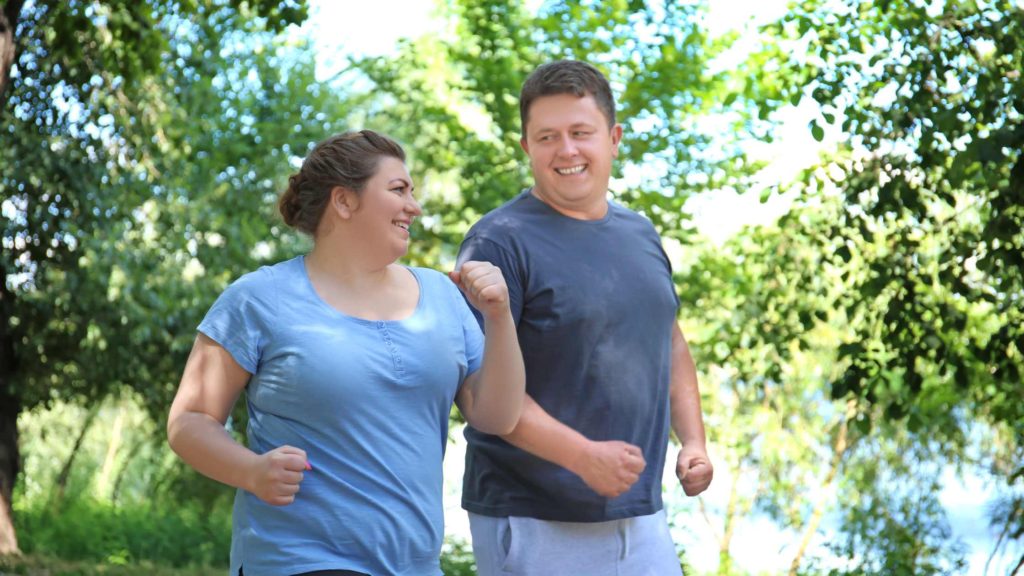
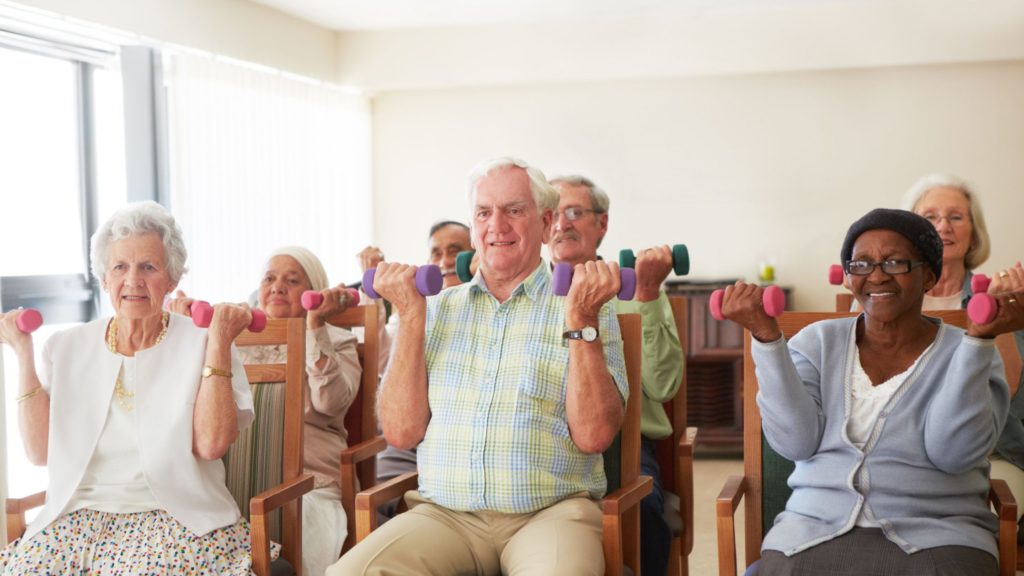
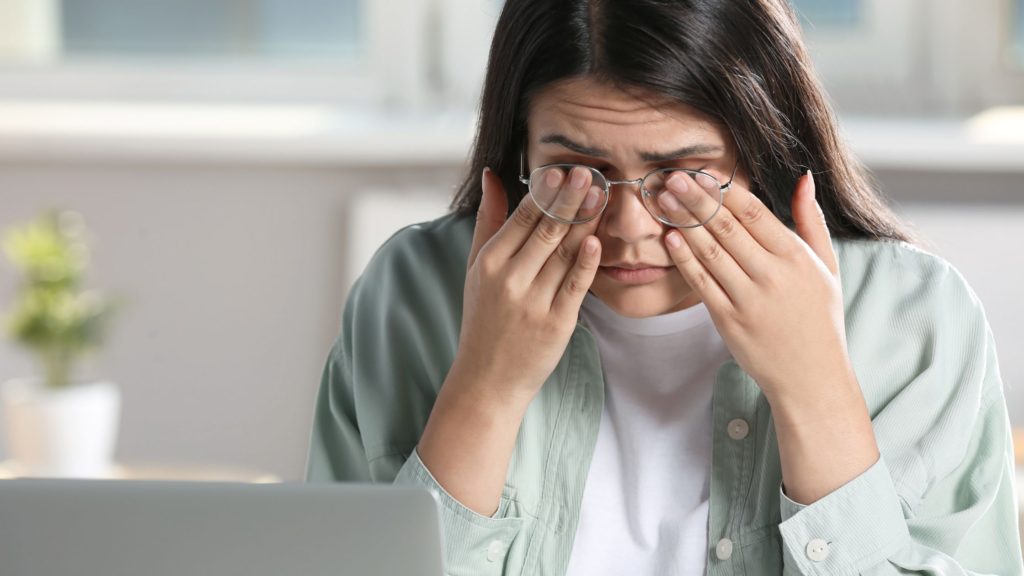
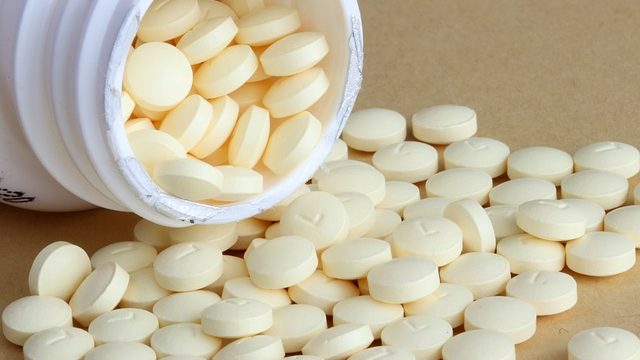
Pingback: 11 Signs of Low Blood Pressure to Watchout For